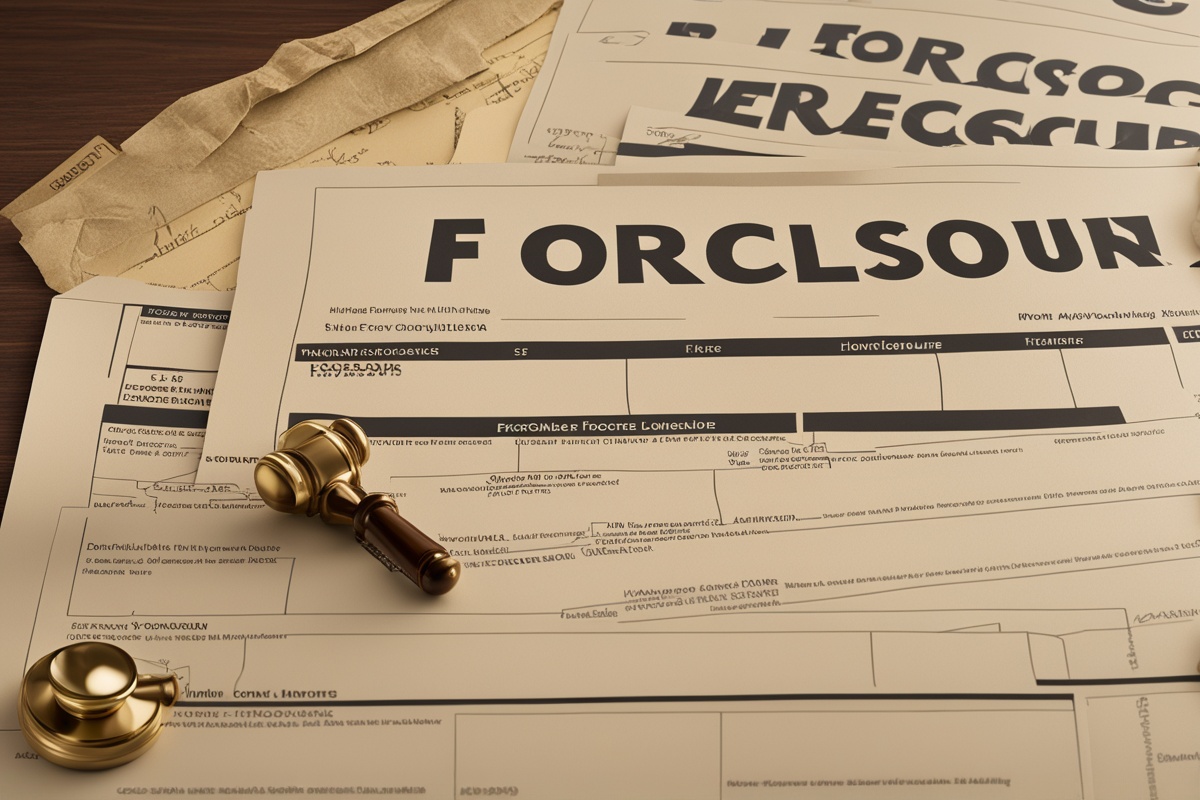Understanding and adhering to state-specific laws is critical for businesses, individuals, and organizations operating across different regions in the United States. Navigating regional compliance rules can be a complex and daunting task due to the variations in regulations from one state to another. Whether you’re a business owner expanding into new markets, a legal professional advising clients, or an individual ensuring personal compliance, staying informed about these rules is essential to avoid penalties, lawsuits, or operational setbacks. This comprehensive guide will break down the key aspects of navigating regional compliance rules, offering actionable insights and resources to help you stay on the right side of the law.
Why Navigating Regional Compliance Rules Matters
Regional compliance rules refer to the specific laws and regulations that vary from state to state within the U.S. These rules can cover a wide range of areas, including labor laws, taxation, environmental regulations, licensing requirements, and consumer protection. Failing to comply with these state-specific mandates can result in fines, legal action, or reputational damage. For businesses operating in multiple states, the challenge is even greater, as they must juggle different sets of requirements simultaneously. Navigating regional compliance rules effectively ensures that you protect your interests and maintain operational integrity, no matter where you conduct business.
Key Areas of State-Specific Compliance to Monitor
One of the first steps in navigating regional compliance rules is identifying the areas of law that are most relevant to your situation. While the specific regulations vary, some common categories include:
- Labor and Employment Laws: States have different rules regarding minimum wage, overtime pay, employee benefits, and workplace safety. For instance, California has stringent labor laws compared to other states like Texas.
- Taxation: Sales tax, income tax, and corporate tax rates differ widely. Some states, like Florida, have no state income tax, while others impose significant tax burdens.
- Business Licensing: Certain professions and industries require specific licenses or permits that vary by state. For example, healthcare providers must meet state-specific licensing criteria.
- Environmental Regulations: States like California have strict environmental laws, while others may have more lenient standards for emissions or waste disposal.
By focusing on these key areas, you can prioritize your compliance efforts and avoid common pitfalls. For more detailed information on labor laws, check out our post on Understanding State Labor Regulations.
Challenges in Navigating Regional Compliance Rules
One of the biggest hurdles in navigating regional compliance rules is the sheer diversity of regulations. A rule that applies in one state may not exist in another, or it may be enforced differently. Additionally, states frequently update their laws, meaning that compliance is an ongoing process rather than a one-time task. Other challenges include:
- Lack of Centralized Information: Unlike federal laws, state-specific rules are not always consolidated in a single, accessible database.
- Resource Constraints: Small businesses or individuals may lack the budget to hire legal experts to guide them through the process.
- Interstate Operations: Companies operating across state lines must comply with multiple sets of rules, which can be time-consuming and costly.
To overcome these challenges, consider leveraging online resources or consulting with a legal professional. For tips on managing interstate business operations, see our guide on Multi-State Business Compliance Strategies.
Steps to Effectively Navigate Regional Compliance Rules
Navigating regional compliance rules doesn’t have to be overwhelming if you follow a structured approach. Here are some practical steps to ensure you stay compliant:
- Research State Laws: Start by identifying the specific laws that apply to your industry or situation in each state where you operate. State government websites are a good starting point.
- Consult Experts: Engage with legal or compliance consultants who specialize in state-specific regulations to get tailored advice.
- Implement Compliance Programs: Develop internal policies and training programs to ensure that employees understand and follow regional rules.
- Monitor Updates: Laws change frequently, so subscribe to newsletters or alerts from state regulatory bodies to stay informed.
- Use Technology: Compliance software can help track requirements across multiple states, reducing the risk of oversight.
For additional tools to streamline compliance, explore our article on Top Compliance Software for Small Businesses.
Case Studies: Real-World Examples of Regional Compliance
To illustrate the importance of navigating regional compliance rules, let’s look at a few real-world examples. In California, businesses must comply with the California Consumer Privacy Act (CCPA), a stringent data protection law that imposes heavy fines for non-compliance. A national retailer operating in California was fined over $1 million for failing to adhere to CCPA guidelines, highlighting the need for state-specific awareness. Conversely, in Texas, businesses benefit from more relaxed labor regulations but must still navigate strict property tax laws. These examples underscore that regional compliance rules can have a significant financial and operational impact. Learn more about data protection laws in our post on State-Specific Privacy Regulations.
Resources and Tools for Staying Compliant
Fortunately, there are numerous resources available to help with navigating regional compliance rules. State government websites, such as those for California, Texas, or New York, often provide detailed guides and FAQs on local laws. Additionally, organizations like the U.S. Small Business Administration (SBA) offer tools and resources for understanding state-specific regulations. Legal databases like Westlaw or LexisNexis can also provide up-to-date information on laws across jurisdictions. For a curated list of helpful resources, check out our article on Essential Compliance Resources for Businesses.
Disclaimer: The information provided in this article is for general informational purposes only and does not constitute legal advice. Navigating regional compliance rules can be complex, and laws are subject to change. We recommend consulting with a qualified legal professional or compliance expert to address your specific circumstances and ensure adherence to all applicable state-specific regulations. The author and publisher are not liable for any actions taken based on the content of this post.
References
- U.S. Small Business Administration – Stay Legally Compliant
- U.S. Department of Labor – Minimum Wage Laws by State
- California Office of the Attorney General – California Consumer Privacy Act (CCPA)
- Internal Revenue Service – State Tax Links
- U.S. Environmental Protection Agency – State Environmental Regulations
This content is for informational purposes only and not a substitute for professional advice.





